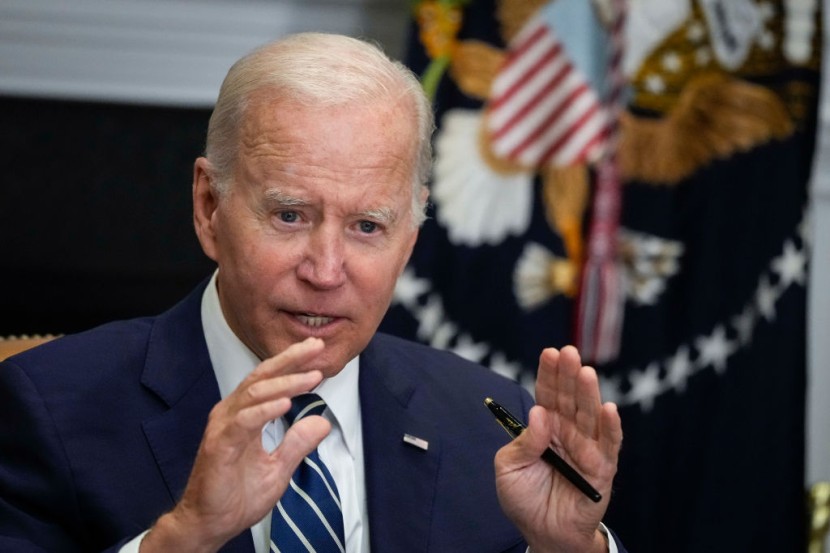
United States President Joe Biden's administration on Thursday proposed new rules on how schools must respond to sex discrimination, suggesting the extension of Title IX protections to transgender students.
The proposal rolls back major parts of former President Donald Trump's administration policy that narrowed the scope of campus sexual misconduct investigations and cemented the rights of transgender students into law.
Transgender Students Protections
Furthermore, the proposal would overhaul expansive rules that were finalized under former Education Secretary Betsy DeVos, which for the first time codified how universities, colleges, and K-12 schools investigate sexual assault and harassment on campus.
It would also broaden the roster of who is protected under Title IX, the federal law that was signed 50 years ago that bars discrimination based on sex in education programs or activities that receive federal funding.
In a statement on Thursday morning, Education Secretary Miguel A. Cardona said that it was the Department of Education's responsibility to ensure that students can learn, grow, and thrive in school no matter where they live, who they are, whom they love, or how they identify, as per the New York Times.
The proposal is expected to set up a divide between conservative state and federal lawmakers and force legal action from conservative groups that had already begun railing against the department's position, issued last year, that transgender students were protected under Title IX.
The announcement was based on a 2020 Supreme Court ruling that found that protections in the Civil Rights Act against discrimination in the workplace extended to gay and transgender people. Furthermore, civil liberties groups anticipate legal challenges over issues of free speech and due process should the department drop certain provisions of the Trump administration rule that mirrored legal precedent established by the Supreme and lower courts.
According to NBC News, Cardona added that the proposed changes would fully protect students from all forms of sex discrimination, instead of limiting some protections to sexual harassment alone. It also makes clear those protections include discrimination based on sexual orientation and gender identity.
New Biden Rules
The proposed rules would still keep some Trump-era mandates, including those that order schools to presume an accused student innocent until the conclusion of a grievance procedure and continue to permit informal resolutions of sexual misconduct complaints if both accuser and the accused agree.
The new measures would also allow schools to use a clear and convincing evidence standard of proof, which generally means roughly 75% certain, to determine if an accused student violated sexual misconduct rules. However, this is only if it is also used by the school in other discrimination cases, such as those involving racial harassment.
The situation comes as many advocates criticized DeVos rules for requiring universities to hold hearings to adjudicate incidents of sexual assault or harassment on campus. The new Biden administration rules seek to also do away with that requirement.
Under the proposal, universities may still hold such hearings but they would have to allow those involved to participate remotely. The Education Department also retained some of the DeVos-era rules, including allowing schools to informally settle cases of sex discrimination, USA Today reported.
Related Article:
US Capitol Riot Hearings Today: 3 Shocking Donald Trump Revelations About Jan. 6 Attack
© 2026 HNGN, All rights reserved. Do not reproduce without permission.








